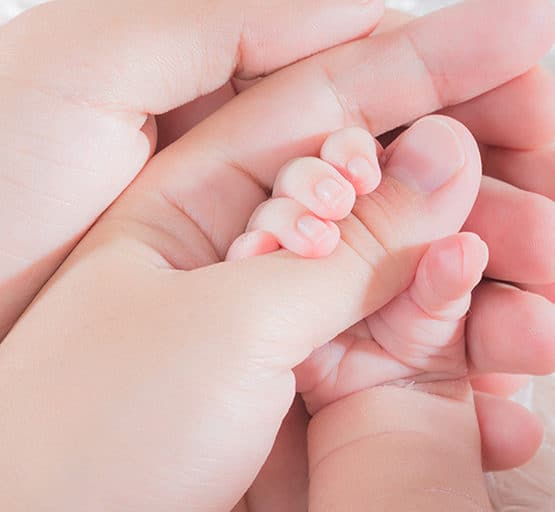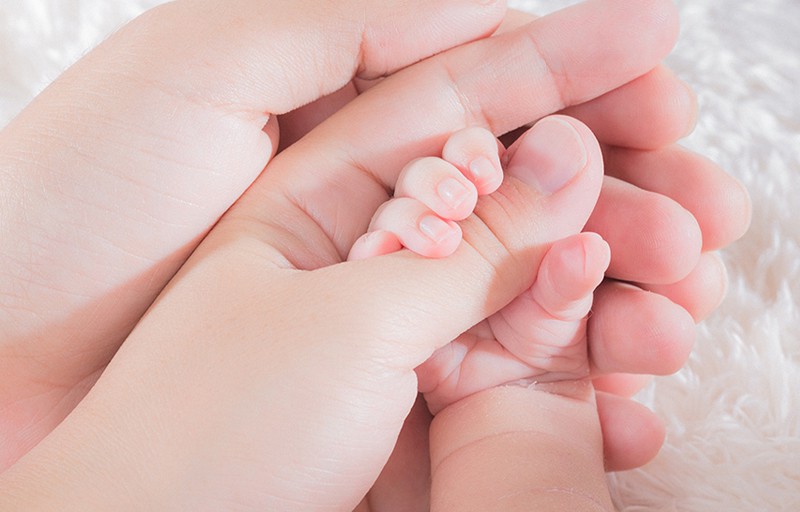Multiple pregnancy is a term used when the mother carries more than one foetus in one pregnancy cycle.There are chances of the mother carrying more than one foetus in one pregnancy term if the pregnancy occurred through IVF treatment.
During every IVF treatment, multiple embryos are transferred to the mother’s womb. There is always a chance that more than one embryo gets implanted. In these cases, the pregnancy will deliver twins or triplets.
Multiple embryos are transferred to the mother due to numerous reasons.
-
Each embryo is tested and graded at the IVF fertility clinic. Only the top-rated embryo will be transferred to the mother’s womb. However, this is no guarantee that the process will lead to successful embryo implantation. There is always a chance that none of the embryos gets implanted in the mother’s womb, and the attempt is unsuccessful. Multiple embryos are transferred to the mother’s womb to heighten the chances of a successful implant.
-
Despite the fact that IVF has been around since the early 1980s, the treatment is still expensive. Under many instances, multiple attempts have to be done before a successful embryo implant. Each IVF cycle will come at additional cost to the parents. Many couples may not have the financial capacity to go through multiple IVF cycles. Considering the cost of each IVF cycle, multiple embryos are transferred to the mother’s womb for the maximum success rate.
-
It is also disheartening for the parents to know that the embryos did not get implanted and the procedure was a failure. Though all embryos are tested by experienced faculties and only the top-rated embryos are transferred to the mother, there is always a chance that the body will not take any of the embryos. Each time this happens and the IVF process turn out unsuccessful, the intended parents are dismayed.
-
It is also physically tiring for the mother to go through multiple embryo transfers. Each time an embryo transfer is scheduled, the mother needs to be on medications. Medication in a female body means hormonal imbalance. There are always chances of undesired consequences for multiple embryo transfers, and it is best to avoid them if possible.

Since there is a chance that more than one embryo can be successfully implanted, not more than three embryos are transferred in a single transfer attempt. In cases where two or all three of the embryos get implanted, it would be difficult for the mother to carry the foetuses to term. The complications could even lead to pregnancy termination.
Each fertility clinic performs different methods of embryo transfers. The most common embryo transfers are transferring two of the best quality embryos (blastocyst) from Day-5 (OR) transferring three embryos from Day-3.In the 2nd scenario, two of these embryos are of the highest quality while the 3rd embryo will be of lesser quality.
It is also impossible to clinically predict if all the embryos will be successfully implanted. Due to this reason, the fertility clinic would not be able to stop the process of transferring multiple embryos.
Also, in cases where a surrogate mother’s help is taken to attain pregnancy, the mother is tested to analyse if she is healthy enough to carry twins or triplets to term.
Conclusion
While there is a chance that an embryo transfer could lead to multiple pregnancies, it is also not a predictable or avoidable reaction. A couple who have been going through IVF praying for a baby consider themselves blessed when they receive the news of 2, maybe three babies on the way. To them, this truly is God’s gift.


